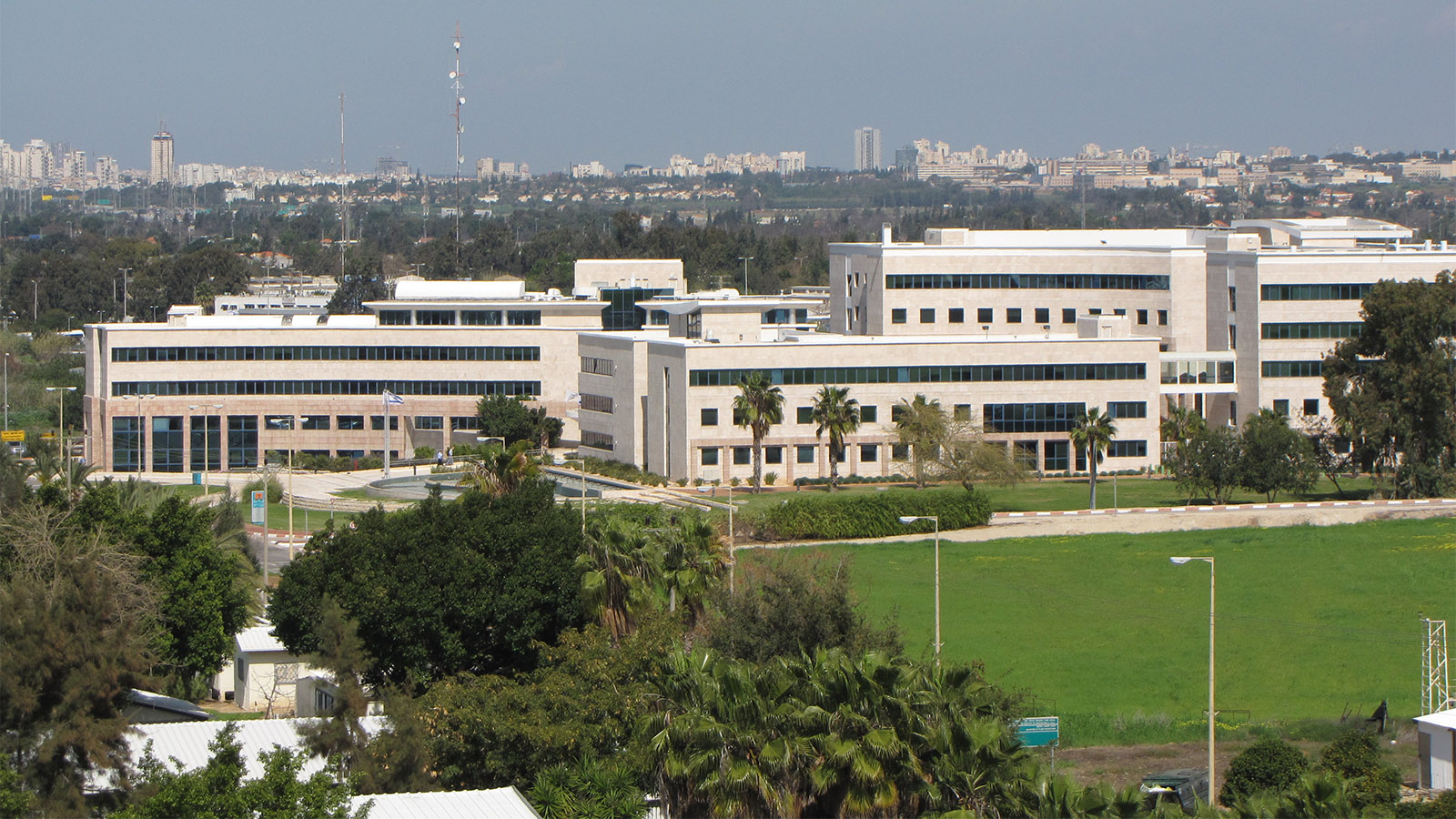
"The cut to the Ministry of Agriculture's budget is predatory and destructive," said Amit Ifrach, chairman of the Israel Farmers' Federation and Secretary General of the Moshavim Movement. The revised budget for 2024, which passed in the Knesset this week, included a cut of 266 million shekels ($72.7 million) to the Ministry of Agriculture's budget.
The cut is one of the most severe in the new budget, amounting to about 12% of the Ministry's budget, compared to across-the-board cuts of five percent in most ministries. "The consequences of the cut are clear," Ifrach added, "a reduction of agricultural areas to the point of closing family farms."
Since the outbreak of war in October, the Ministry of Agriculture has had to contend with security threats and evacuations along Israel’s borders with the Gaza Strip in the south and Lebanon in the north, both major centers of agricultural production. The ministry must now attempt to increase the volume of local production of fresh food and strengthen the resilience of the Israeli food industry while at the same time reducing jobs in agricultural research and training and implementing a major cut in the ministry's resources and research infrastructure.
"Precisely in the days when Israeli agriculture is facing its most difficult hour, the State of Israel chooses to harm agriculture and reduce the budget of the industry" Ifrach said. "Precisely now, when the farmers, who cultivate the lands on the borders up to the last furrow, are working under live fire to provide food for the citizens of Israel, the Israeli government needs to support and strengthen agriculture and local production, increase budgets, give subsidies. This is the national mission of the state, strengthening food security, not crushing it."
The discussions on the Ministry of Agriculture's budget were long and exhausting, according to Agriculture Minister Avi Dichter and the Ministry's general director, Oren Lavi. The Finance Ministry's initial budget included a cut of approximately one billion shekels ($273 million) and an extensive reduction in the workforce, along with the transfer of significant regulatory powers to the Ministry of Economy. After lengthy negotiations, the lower cut of 266 million shekels was agreed upon, along with the elimination of some unfilled positions.
Sources within the Ministry of Agriculture have described the negotiation process as "an act of treachery." In an interview with Calcalist magazine, Lavi claimed that the Agriculture Ministry’s willingness to share the national burden of wartime budget cuts was dishonestly exploited by the Finance Ministry.
"It’s unfortunate that they operate this way; it’s a mark of shame for the Finance Ministry" Lavi said. "Instead of cutting from the Ministry of Agriculture, they should have refrained from increasing the budgets of other ministries that they want to curry favor with. It shouldn’t work like this. This is a state, not a private business. This appears to be revenge against the farmers, a travesty for generations. I’m not willing to stay silent any longer."

Undermining the Foundations of Israeli Agriculture
Perhaps the most painful cuts are those to the Agricultural Research Organization, more commonly known as the Volcani Institute, and other regional agricultural research and development centers. The 80 million shekel ($21.8 million) cut to the Volcani Institute's budget is expected to result in a built-in operating deficit and to create difficulties for the Institute in meeting its financial obligations. It may ultimately prove to be a death blow.
The Volcani Institute is the largest institution in Israel engaged in agricultural research. It is responsible for research and development in the field of agriculture and food science. Its role is to ensure the food security of the State of Israel, to assist Israeli farmers in solving the problems of the present, and to provide tools to deal with the challenges of the future.
The institute is an independent trust unit of the Ministry of Agriculture. The maintenance of the institute, its laboratories and facilities, is financed from the state budget, and the research is financed through competitive research grants. The portion of the Institute's budget that comes from direct state funding has decreased significantly in recent years.
Dr. Shmuel Assouline, acting director of the Volcani Institute, predicts that the cut to the institute's budget will result in a reduction in the research grants that the institute will obtain, damage to its status as a leading institute, irreversible damage to local food production and perhaps even a complete shutdown of the institute’s activities.
According to Dr. Assouline, the closure of the institute could have far-reaching consequences for research in Israel, agriculture in Israel, the foreign relations of the State of Israel and the state's revenues.
The Volcani Institute is one of the global leaders in its field. Research that started at the institute formed an infrastructure for groundbreaking developments and led to the establishment of agro-technology companies in Israel and around the world. The institute is a key partner in the implementation of international agreements that include scientific cooperation and strengthen the ties of the State of Israel with allies such as Jordan, Egypt, the United States and the countries of the European Union.
The institute is a senior partner in many national and multinational research programs, and is responsible for distributing budgets between different research institutes. Its closure would prevent the transfer of funds to various institutions in Israel and throughout the world. According to Dr. Assouline, the institute’s collapse would dramatically reduce Israel’s ability to secure funding for agricultural research from international sources.
This article was translated from Hebrew by Nancye Kochen.






